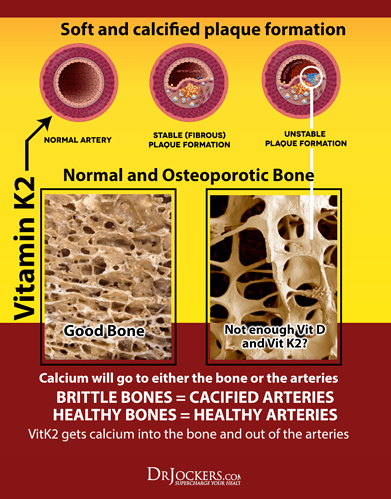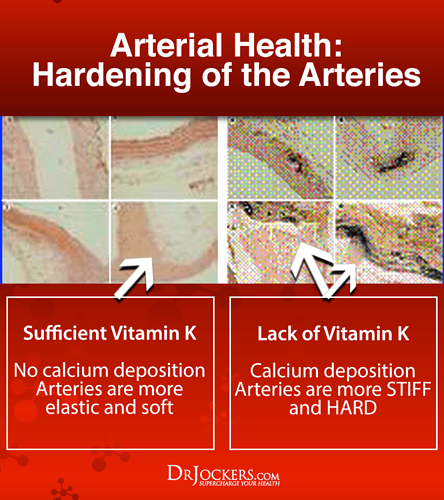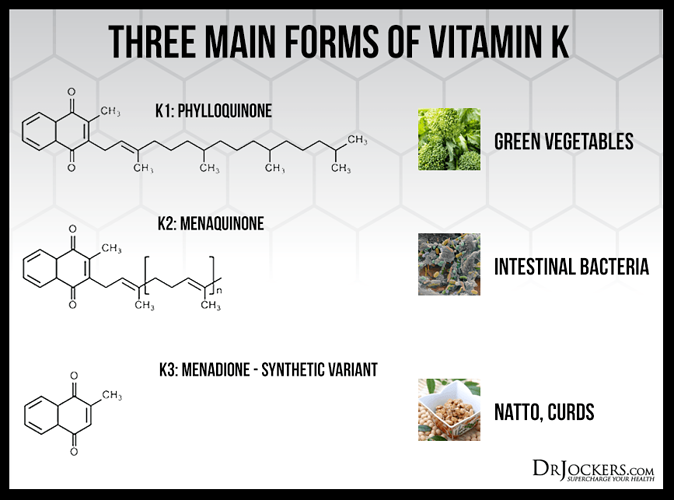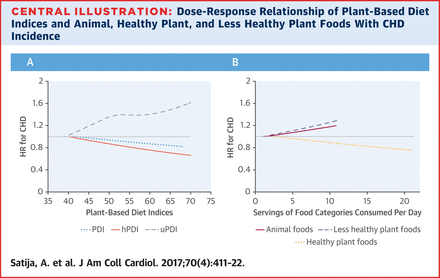https://nutritionfacts.org/2015/05/19/low-carb-diets-and-coronary-blood-flow/
Anyone care to debunk this? Or is it true and all ketoers are doomed?
That blogger is a vegan pushing that as his agenda. The studies he refers to were poorly controlled and not useful for gleaning any information.
Agree, it’s a typical Vegan attempt to demonize lipolytic nutrition.
It’s the comments that are really interesting, in regard to the Paleo concept. They show how much distortion has crept into the concept. Paleodiet is fat based nutrition, in the macro nutrient sense. This is what has been distorted, with many advocating lean meats, and changes in carbohydrate sources away from grains. This emphasis of some on the micro nutrient aspects while ignoring the all important macro nutrient profile completely corrupts the concept.
Thank you all.
What about this supposed meta study that he references that shows poor vascular health?
Haha, Michael Greger is a well known vegan propagandist. You gotta give him credit for the Orwellian website name, though. It’s the same old tired bullshit, dietary cholesterol and meat --> heart disease.
Dude, you can create a meta analysis that concludes anything. Even worse, the meta-analyses these vegan idiots often cite, don’t even conclude what said vegan idiot says they do.
Oh vegans. It’s basically a religion.
That being said, what about the studies he references? Personally I couldn’t find any such studies and the ones that he linked require a paid membership to read. Web searching “ketogenic meta analysis” which is what he claims to be discussing as this critical blow to the ketogenic diet, did not bring up any such information.
The worst I found were studies showing that the benefits of ketosis on diabetics leveled off after a year and that ketosis causes non alcoholic fatty liver syndrome in rats and insulin resistance in mice.
I could find no meta analysis showing anything serious in humans.
Random studies literally don’t matter, particularly if they are observational studies not randomized control trials, which they ALWAYS are.
The question to ask yourself is, when you see nonsense like this that makes low carb sound dangerous: are there examples of human cultures who existed predominantly on meat and animal products for long periods of time? Did they all die out, or was their health fine? The answer is yes, we have plenty of historical examples of people existing on LCHF diets, and they were fine. Therefore the foods we have been eating for a very long time are likely not unhealthy.
Now you need to ask the flip side of the question: do we have examples of traditional human cultures that existed on the vegan diet Michael Greger espouses? No.
Thank you. Vegans always make me laugh. Such a bizarre diet. The only time it makes sense is when it is a religious requirement. Other than that it’s usually an idea that it’s healthier and more ethical. The former being categorically false, the latter being debatable (and categorically false when it comes to unfertilized eggs from happy chickens! No bad ethics there! You could have chickens as loved family pets and if you have no roosters then the eggs will have zero ethical value and should logically be eaten so as to avoid pointless waste.).
The only thing I’ll say is some sects of Buddhist monks were/are vegan and lived perfectly healthily. It makes no sense because hundreds of years ago they knew nothing about vitamin b12 and so it is a mystery as to how these monks got it. Some theorize it came from dirt and bugs on the vegetables but that seems illogical because they washed and cooked them just like we do today. Temple cook was a standard position and it wasn’t his job to serve raw, dirty vegetables that had not been prepared in any way so as to leave the dirt and bugs from the field on them.
I don’t even have to read past nutritionfacts.org to know it’s crap. I’d so love to swoop in and buy that domain name if they ever forget to re-up it.
The basic premise of the study is invalid. this is as far as I got… study is based on “A dietary pattern characterized by high protein and fat, but low carbohydrate” which is more of a modified Atkins, and about half of a protein-heavy diet will get converted to glucose - so no wonder they are seeing similar heart problems to a SAD diet. Keto & LCHF both recommend low carb, high fat, and MODERATE PROTEIN.



It is such a misunderstood sham to blame game this subject to death so Mr. Doc vegetarian referenced above can spew his vegan agenda based on some body scans of high fat low carb eaters:
IT IS NOT THE FAT (are you ingesting processed or rancid/oxidized oils and fats? YOU CANNOT absorb vitamin K-2 without fat IN THE DIET?)
IT IS NOT THE MEAT (vitamin K-2 is in grass fed organ meats)
IT IS NOT THE PLANTS: VEGETABLES OR FRUITS (eating too much sugar blocking the absorption of K-2?)
IT IS LACK OF VITAMIN K-2 (the fat soluble form of vitamin K)
References:

- CONCLUSIONS: Vitamin K2 deficiency has recently been recognized as a protagonist in the development of vascular calcification and osteoporosis. Data reported so far are promising and, dietary supplementation seems a useful tool …More
- Varieties of vegetarians “…Strictly speaking, vegetarians are people who don’t eat meat, poultry, or seafood. But people with many different dietary patterns call themselves vegetarians, including the following:
Vegans (total vegetarians): Do not eat meat, poultry, fish, or any products derived from animals, including eggs, dairy products, and gelatin.
Lacto-ovo vegetarians: Do not eat meat, poultry, or fish, but do eat eggs and dairy products.
Lacto vegetarians: Eat no meat, poultry, fish, or eggs, but do consume dairy products.
Ovo vegetarians: Eat no meat, poultry, fish, or dairy products, but do eat eggs.
Partial vegetarians: Avoid meat but may eat fish (pesco-vegetarian, pescatarian) or poultry (pollo-vegetarian). …” …More
My doctor is shocked that my good cholesterol is 108! He said I won’t be dying of heart disease and is very happy with my numbers. I don’t have them in front of me right now but they were great!
